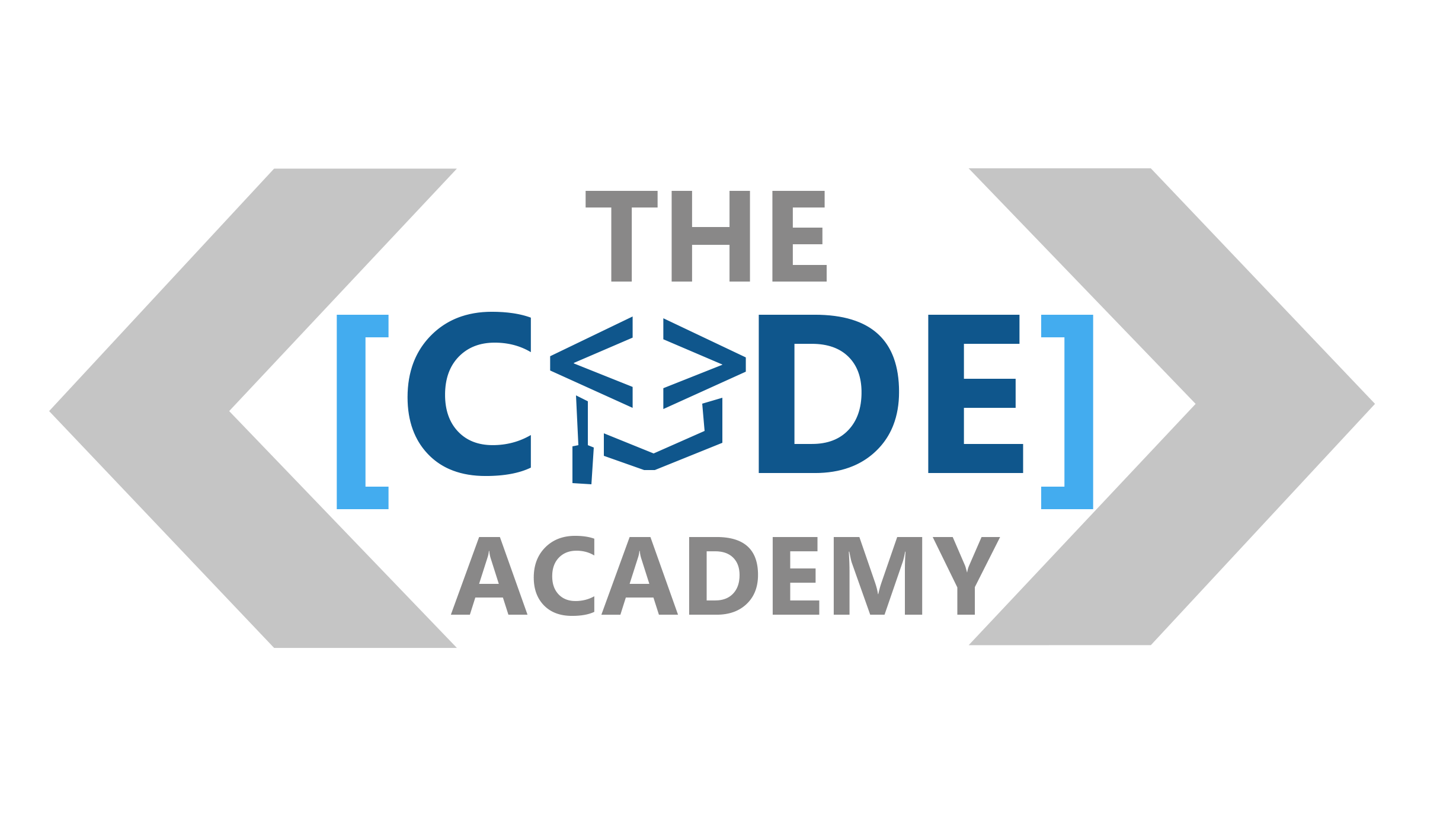Description
Duration: 5 days
This five-day course is intended for experienced developers who have previous programming experience in C, C++, JavaScript, Objective-C, Microsoft Visual Basic, or Java. during this course, developers will learn the programming skills required to create Windows applications using the C# language
(students who take this course will be able to take exam 70-483)
Upon completion of this course, students will be able to:
Describe the core syntax and features of C#
Create and call methods, catch and handle exceptions, and describe the monitoring requirements of large-scale applications.
Implement the basic structure and essential elements of a typical desktop application.
Create classes, define and implement interfaces, and create and use generic collections
Use inheritance to create a class hierarchy, extend a .NET Framework class, and create generic classes and methods.
Read and write data by using file input/output and streams, and serialize and deserialize data in different formats.
Create and use an entity data model for accessing a database and use LINQ to query and update data
Use the types in the System.Net namespace and WCF Data Services to access and query remote data.
Build a graphical user interface by using XAML
Improve the throughput and response time of applications by using tasks and asynchronous operations
Integrate unmanaged libraries and dynamic components Into a C# application
Examine the metadata of types by using reflection, create and use custom attributes, generate code at runtime, and manage assembly versions
Encrypt and decrypt data by using symmetric and asymmetric encryption
Prerequisites
It is recommended that students take and complete 10975 Introduction to Programming prior to taking this course.
What’s included?
- Authorized Courseware
- Intensive Hands on Skills Development with an Experienced Subject Matter Expert
- Hands-on practice on real Servers and extended lab support 1.800.482.3172
- Examination Vouchers & Onsite Certification Testing- (excluding Adobe and PMP Boot Camps)
- Academy Code of Honor: Test Pass Guarantee
- Optional: Package for Hotel Accommodations, Lunch and Transportation
With several convenient training delivery methods offered, The Academy makes getting the training you need easy. Whether you prefer to learn in a classroom or an online live learning virtual environment, training videos hosted online, and private group classes hosted at your site. We offer expert instruction to individuals, government agencies, non-profits, and corporations. Our live classes, on-sites, and online training videos all feature certified instructors who teach a detailed curriculum and share their expertise and insights with trainees. No matter how you prefer to receive the training, you can count on The Academy for an engaging and effective learning experience.
Methods
- Instructor Led (the best training format we offer)
- Live Online Classroom – Online Instructor Led
- Self-Paced Video
Speak to an Admissions Representative for complete details
| Start | Finish | Public Price | Public Enroll | Private Price | Private Enroll |
|---|---|---|---|---|---|
| 5/12/2025 | 5/16/2025 | ||||
| 6/2/2025 | 6/6/2025 | ||||
| 6/23/2025 | 6/27/2025 | ||||
| 7/14/2025 | 7/18/2025 | ||||
| 8/4/2025 | 8/8/2025 | ||||
| 8/25/2025 | 8/29/2025 | ||||
| 9/15/2025 | 9/19/2025 | ||||
| 10/6/2025 | 10/10/2025 | ||||
| 10/27/2025 | 10/31/2025 | ||||
| 11/17/2025 | 11/21/2025 | ||||
| 12/8/2025 | 12/12/2025 | ||||
| 12/29/2025 | 1/2/2026 |
Curriculum
Module 1: Review of C# Syntax
Overview of Writing Applications using C#
Datatypes, Operators, and Expressions
C# Programming Language Constructs
Lab: Developing the Class Enrollment Application
Module 2: Creating Methods, Handling Exceptions, and Monitoring Applications
Creating and Invoking Methods
Creating Overloaded Methods and Using Optional and Output Parameters
Handling Exceptions Monitoring Applications
Lab: Extending the Class Enrollment application Functionality
Module 3: Developing the Code for a Graphical Application
Implementing Structs and Enums
Organizing Data into Collections
Handling Events
Lab: Writing the Code for the Grades Prototype Application
Module 4: Creating Classes and Implementing Type-Safe Collections
Creating Classes
Defining and Implementing Interfaces
Implementing Type-safe Collections
Lab: Adding Data Validation and Type-safety to the Grades Application
Module 5: Creating a Class Hierarchy by Using Inheritance
Creating Class Hierarchies
Extending .NET Framework Classes
Creating Generic Types
Lab: Refactoring Common Functionality into the User Class
Module 6: Creating a Class Hierarchy by Using Inheritance
Creating Class Hierarchies
Extending .NET Framework Classes
Creating Generic Types
Lab: Refactoring Common Functionality into the User Class
Module 7: Reading and Writing Local Data
Reading and Writing Files
Serializing and Deserializing Data
Performing I/O Using Streams
Lab: Generating the Grades Report
Module 8: Accessing a Database
Creating and Using Entity Data Models
Querying Data by Using LINQ
Updating Data by Using LINQ
Lab: Retrieving and Modifying Grade Data
Module 9: Accessing Remote Data
Accessing Data Across the Web
Accessing Data in the Cloud
Lab: Retrieving and Modifying Grade Data in the Cloud
Module 10: Designing the User Interface for a Graphical Application
Using XAML to Design a User Interface
Binding Controls to Data
Styling a User Interface
Lab: Customizing student photographs and styling the application
Module 11: Improving Application Performance and Responsiveness
Implementing Multitasking by using Tasks and Lambda Expressions
Performing Operations Asynchronously
Synchronizing Concurrent Access to Data
Lab: Improving the Responsiveness and Performance of the Application
Module 12: Integrating with Unmanaged code
Creating and using dynamic objects
Managing the lifetime of objects and controlling unmanaged resources
Lab: Upgrading the grades report
Module 13: Creating Reusable Types and Assemblies
Examining Object Metadata
Creating and using custom attributes
Generating managed code
Versioning, Signing and deploying assemblies
Lab: Specifying the Data to include in the grades report
